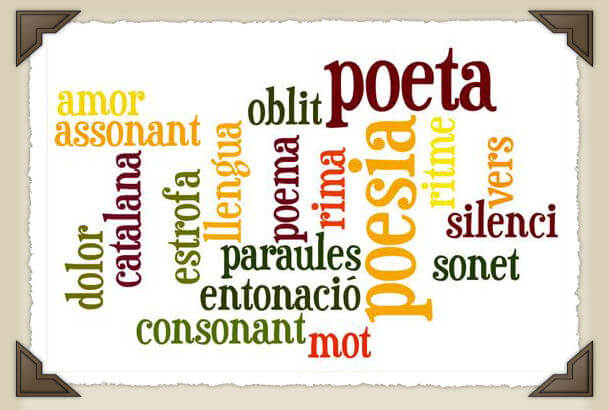
There are three basic variants of the Portuguese language: the dominant one – Brazilian Portuguese, spoken by around 80% of all speakers of the Portuguese language, then there is European or Lusitanian Portuguese, which is the official language in Portugal, and African Portuguese.
Portuguese is a Romance language. It evolved from the Latin language due to the power of the Roman Empire. This language undergone numerous influences of other cultures caused by migrations in the Iberian Peninsula, but it is also the one that influenced other languages. During the period of Moor invasion, from 8th to 13th century, Portuguese was exposed to the influence of the Arabic language. However, the closest language to Portuguese is Galician. By the 14th century, these two languages were unified, and then their departure followed. Speakers of these two languages may even today communicate without any difficulties. In this period, an abundance of poetry woks in Portuguese was created. During Portuguese discoveries of new parts of the world in the 15th and 16th century, Portuguese became the language of international maritime and commerce.
As late as 2009, the Portuguese script consisted of 29 letters. By signing the Orthographic Agreement, the language was standardized and letters K, W and Y, were introduced to be used for writing words of foreign origin and some personal names.
Our team includes permanently employed Portuguese language court interpreters who are always ready to respond to your request for translation and certification of any type of documents.
Our Portuguese language court interpreters are at your disposal for:
- Certified translation by Portuguese language court interpreters;
- Onsite interpreting if Portuguese language court interpreter's presence is required;
- Interpreting;
- Certification of already translated texts;
- Portuguese text editing and proofreading.
We also offer:
- Translation from Portuguese to Serbian;
- Translation from Serbian to Portuguese;
- Translation from Portuguese to other languages;
-
Translation from other languages to Portuguese.
